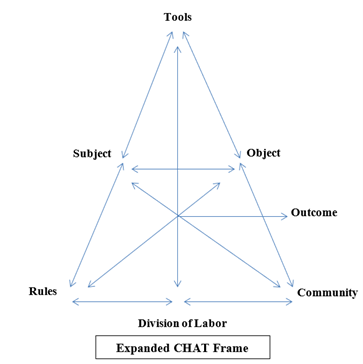The Effect of the Internet on ASD Diagnoses Through the Lens of Vygotsky’s CHAT
Maya Brown, Donald Moore
Nursing, College of Health Sciences, SUNY Polytechnic Institute, Utica, NY, USA
Positive correlations between internet access and the prevalence of autism spectrum disorder (ASD) diagnoses over time could be attributed to both excessive screen time in children negatively affecting their cognitive development, as well as social media access increasing awareness of ASD within parents. For example, social media provides various learning and entertainment opportunities, with the former providing parents information in regard to recognizing ASD symptoms while the latter may contribute to cognitive delays in children. Specifically, unsupervised or unlimited screen time for toddler-aged children may cripple their cognitive development with some researchers hypothesizing these delays may increase ASD diagnoses. Using Lev Vygotsky’s Cultural-Historical Activity Theory (CHAT) framework to view these two systems and their possible outcomes, this project illustrates contradictions within these two frames i.e., children’s unsupervised screen time and parental use of social media tools for self-diagnoses that can later be approved by a clinician.

